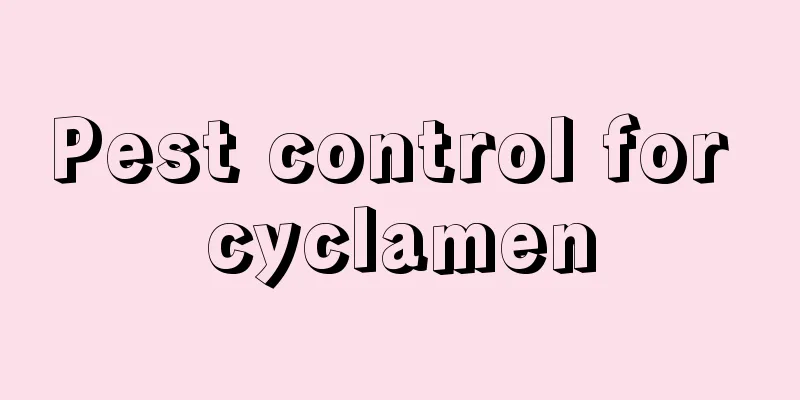How to grow Ulmus pumila bonsai

1. Maintenance methods1. Soil: The small-leaved elm has low requirements for soil and can grow in acidic, alkaline and neutral soils. When cultivating bonsai, loose, fertile, neutral soil is needed, which is beneficial to its growth. 2. Light: Ulmus pumila needs long-term light. The potted plant can be placed in a sunny place indoors, and it is very sun-resistant, so there is no problem even if it is exposed to strong light. 3. Watering: Ulmus pumila prefers a humid environment, so water it frequently. Generally, water the plants 1-2 times a day in summer, once a day in spring and autumn, and once every two days in winter. In addition, you can spray water on the leaves every day to keep them moisturized. 4. Fertilization: The growing period of Ulmus pumila is from April to October, and it needs sufficient nutrients during this stage. Generally, fertilizer should be applied every 15 days, and it is advisable to use organic fertilizer rich in nitrogen, phosphorus and potassium. 2. Breeding techniquesThe seeds of Ulmus pumila are not easy to obtain and are generally propagated by cuttings, with a survival rate between 20% and 40%. Choose 1-2 year old branches, about 7-8 cm in length. Apply indolebutyric acid to the base of the branches to promote rooting, then wash them with clean water. Choose soil with good drainage and ventilation as the substrate, insert the cuttings into the substrate, water thoroughly and place them in a sunny place. It is necessary to spray water around frequently to maintain a high humidity. 3. Pest and disease control1. Diseases: Common diseases are root rot and branch witches' broom. Root rot can cause leaves to turn yellow and fall off, and branches to die. The plant needs to be removed and the damaged roots trimmed, then applied with fungicide and replanted. Witch's broom disease mainly harms new shoots and leaves. The diseased leaves need to be cut off and burned, and then sprayed with lime sulfur. 2. Pests: There are many pests, such as scale insects, longhorn beetles, and caterpillars, which are harmful to Ulmus pumila. They can be killed by spraying with DDT. |
<<: How to grow daffodil lilies
>>: How to cultivate bamboo bonsai
Recommend
What to do if there are large white spots on the leaves of the fortune tree
1. Proper ventilation Cause: Poor ventilation lea...
Does the aster bloom?
The flowering period of the golden plate The flow...
The difference between Winter Beauty and Longyue, which one is easier to raise?
1. The difference between the two 1. Difference i...
These 8 kinds of flowers will grow more and more vigorously in summer if you give them enough water!
Monstera Monstera particularly likes a humid envi...
What kind of soil is suitable for jasmine to grow in? Is jasmine easy to grow?
1. What kind of soil is suitable 1. Looseness: Po...
He threw the succulent plants into the water, and they burst out of the pot, even more so than those grown outdoors!
hydroponic root succulent 1. Prepare a transparen...
What are the benefits of watering flowers with fish farming water? Using fish farming water as fertilizer
The benefits of watering flowers when raising fis...
How to deal with the blooming of threaded iron
Post-processing of threaded iron blooming The who...
How and when to plant cabbage
Cabbage planting time Early-maturing cabbage vari...
These flowers are the Guinness records of the world, and you don’t even know any of them!
The longest-lived flower in the world: Welwitschi...
How to root the newly bought lucky bamboo
1. Growth habits If you want to help it take root...
How often should azalea be watered in summer? Summer watering method
Frequency of watering azalea in summer The number...
Where is the best place to plant banyan trees? Is it best to plant them at the doorstep?
Banyan tree planting area Banyan tree is a tall t...
How to take care of newly bought daisies
1. Lighting The potted daisies bought on the mark...
How to prune gardenias and when to prune them
Gardenia pruning time Gardenias usually need to b...









